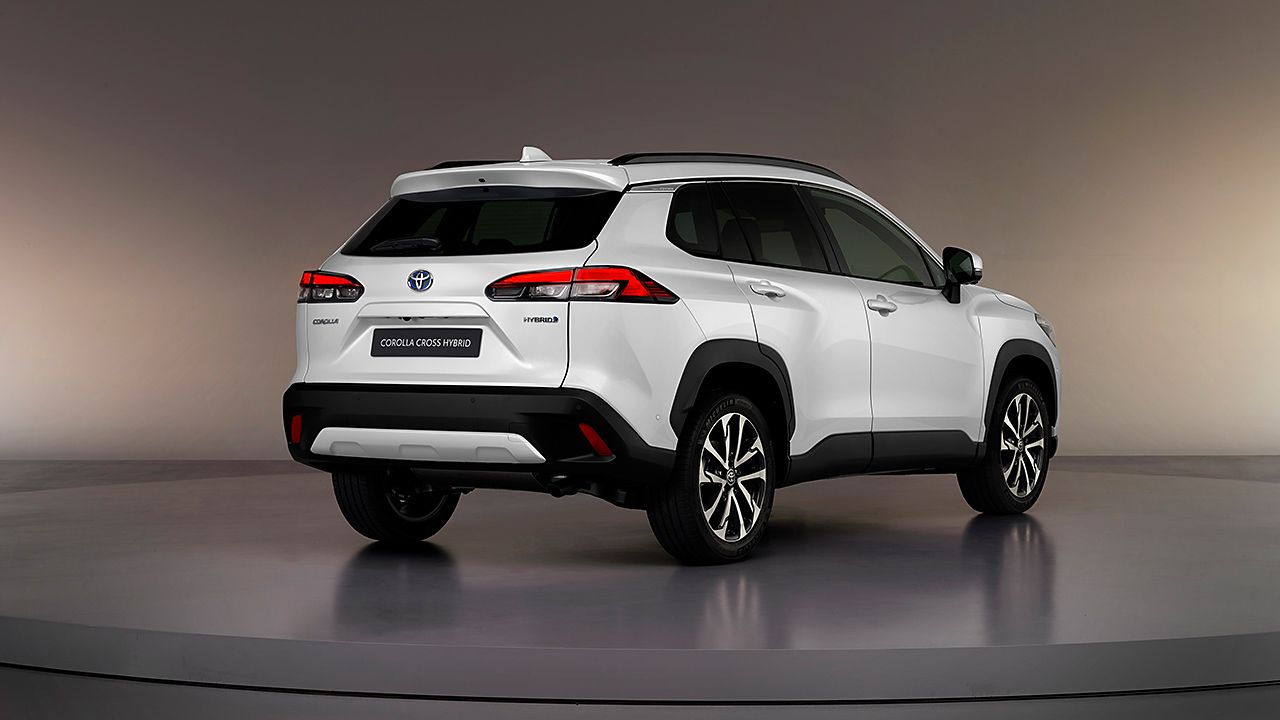Yibai Insights
Explore the latest trends, news, and insights from around the world.
Hybrid Cars: The Mild-Mannered Rebels of the Road
Discover why hybrid cars are the eco-friendly rebels transforming our roads—efficient, stylish, and ready to revolutionize your drive!
How Hybrid Cars Work: The Science Behind Their Efficiency
Hybrid cars combine traditional gasoline engines with electric propulsion systems, resulting in improved fuel efficiency and reduced emissions. The science behind their efficiency lies in their ability to switch between power sources as needed. Typically, these vehicles utilize a small gasoline engine and an electric motor, which is powered by a rechargeable battery. When accelerating or climbing hills, the electric motor takes on most of the workload, allowing the engine to remain off or work less hard during these periods. This not only conserves fuel but also minimizes greenhouse gas emissions.
In addition to the dual-power systems, hybrid vehicles employ regenerative braking, a technology that further enhances their overall efficiency. During braking, instead of wasting kinetic energy as heat, the vehicle captures and converts it back into electrical energy to recharge the battery. This process is essential for maximizing battery life and improving fuel economy. As a result, hybrid cars represent a practical solution to modern transportation needs, bridging the gap between traditional gasoline vehicles and fully electric models.

The Environmental Impact of Hybrid Cars: Are They Really Greener?
The environmental impact of hybrid cars is a topic of significant interest as consumers become increasingly aware of their carbon footprints. Hybrid vehicles combine an internal combustion engine with an electric motor, which is claimed to reduce overall emissions and fuel consumption. According to the EPA, hybrid cars can produce up to 50% less greenhouse gas emissions than traditional gasoline-powered vehicles. However, it is crucial to consider the complete lifecycle of these vehicles, including their manufacturing process, battery production, and disposal, which can also contribute to environmental degradation.
When assessing whether hybrid cars are genuinely greener, one must also examine their energy sources. For instance, many hybrids run on batteries that rely on lithium, cobalt, and nickel, which are often sourced through environmentally damaging mining practices. The Nature Energy journal highlights concerns over the sustainability of battery production and the need for improved recycling methods. Thus, while hybrid cars offer benefits such as improved fuel efficiency and reduced tailpipe emissions, the environmental impacts of their entire lifecycle must be thoughtfully considered before determining their true ecological footprint.
Hybrid vs. Traditional Gasoline Cars: What's the Real Difference?
When it comes to choosing between hybrid cars and traditional gasoline cars, understanding the fundamental differences is crucial. Hybrid cars utilize a combination of an internal combustion engine and an electric motor, which allows them to achieve better fuel efficiency and lower emissions compared to their gasoline counterparts. According to the U.S. Department of Energy, hybrids can significantly reduce greenhouse gas emissions, making them a more eco-friendly option.
In contrast, traditional gasoline cars rely solely on an internal combustion engine, which can lead to higher fuel consumption and increased carbon footprint. These vehicles often have lower upfront costs and simpler technology, but might incur higher fuel expenses over time. For a deeper insight into the operational costs of both types, check out this comprehensive analysis from Edmunds.